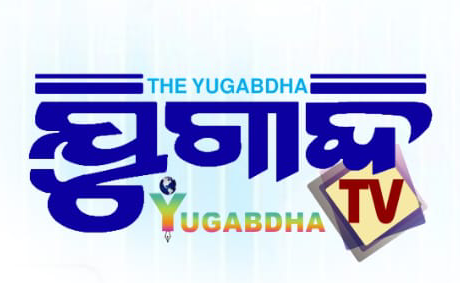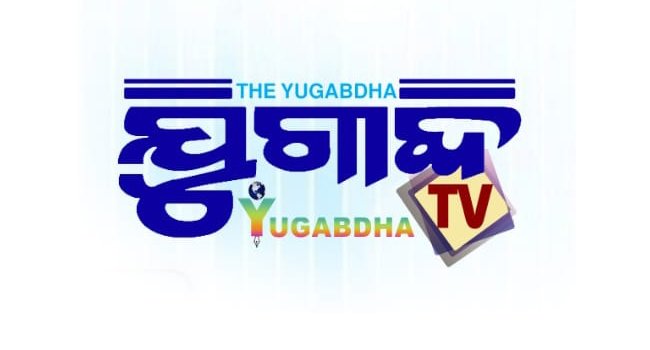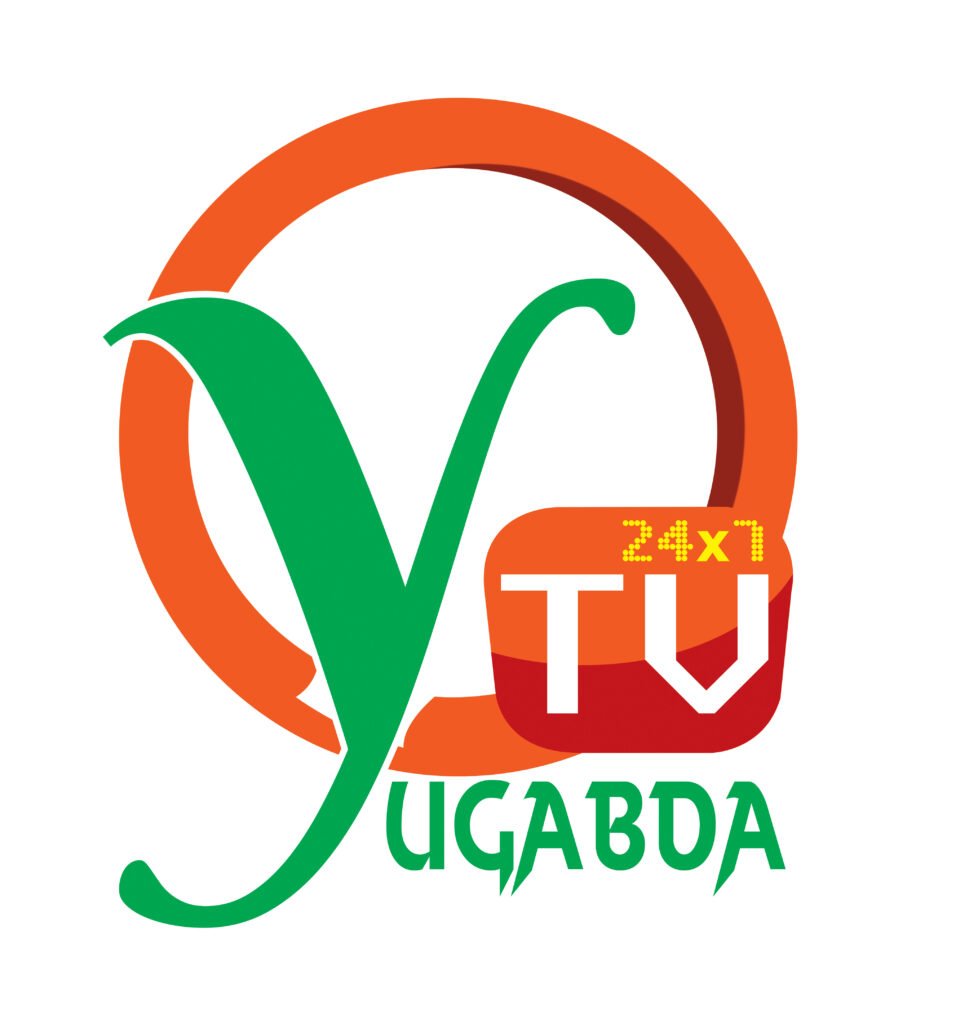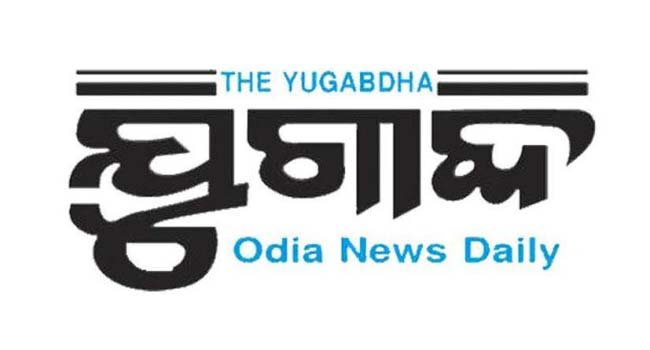bhubaneswar, (YNS) :The National Human Rights Commission (NHRC), India organized a core group meeting on the Right to Food with a focus on the Public Distribution System (PDS). Chairing the meeting, NHRC Member, Smt Vijaya Bharati Sayani highlighted the importance of the PDS in serving over 80 crore citizens of India and its effectiveness in addressing the specific nutritional needs of vulnerable groups. She said this is very significant in our nation’s march towards ensuring universal food security. However, she said that there are problems impacting the PDS, such as leakage and diversion of food grains. She said that a multi-pronged approach is required to address these issues for more effective implementation of the scheme. She also highlighted the significance of the One Nation One Ration Card Scheme (ONORC) in ensuring accessibility to food grains for migrant labourers. Co-chairing the discussions, NHRC Member, Dr. Dnyaneshwar M. Mulay highlighted the responsibility and importance of NHRC core group members in policy formulation. He emphasized that PDS has a very important role in achieving the Sustainable Development Goals (SDGs). He stressed that the discussions should look into the gaps between the policy and its implementation to reach out to the needy through this scheme. He also emphasized on the quality of mid-day meals. Earlier, Shri Devendra Kumar Nim, Joint Secretary gave an overview of the discussions highlighting the gravity of the issues surrounding food security and nutrition in our nation which needed to be looked into, identified and eliminated with constructive suggestions through such discourse. The sub-agenda of the meeting included, Effectiveness of the Public Distribution System (PDS)- The discussion centered on the PDS’s role in addressing the nutritional needs of specific vulnerable groups, such as pregnant women, lactating mothers, and children. The aim is to tackle the problem of double burden of nutrition effectively, Corruption and leakage of food grains – The meeting addressed the implementation issues and challenges related to corruption and leakage of food grains in the PDS, One Nation One Ration Card Scheme (ONORC) – The implementation, challenges, and potential solutions of the ONORC were discussed, The meeting saw the participation of the representatives from various ministries, autonomous bodies, civil society organizations (CSOs) and non-governmental organizations (NGOs), central and state universities, eminent subject-matter experts, medical professionals, and research scholars participated in the deliberations to reflect on the government’s commitment to public service and its success in implementing policies and programs that have had a positive impact on the lives of millions of Indians. More efforts were emphasized to address food grain leakage in PDS, dietary diversity with affordable nutritious food through ICDS and take-home ration program. The other most commonly raised issues included comprehensive and multi-sectoral strategies to tackle the challenges associated with double and triple nutrition burdens. These burdens refer to the coexistence of under-nutrition, over-nutrition, and micronutrient deficiencies within a population; measures to promote dietary diversity and ensure the availability and affordability of nutritious foods for all sections of society for maintaining good health and preventing diseases. The meeting concluded with a collective agreement on the need to ensure the right to food through the effectiveness, integrity, and transparency of the PDS to serve as a beacon of hope in the fight against hunger and malnutrition. The Commission will further deliberate upon various suggestions in the matter for the considerations of making recommendations for improvement to the government.
Related Posts
NHRC, India celebrates Human Rights Day
Domestic and International / December 26, 2023





